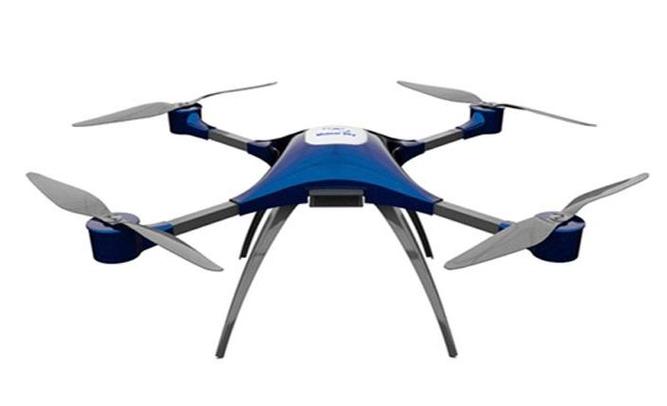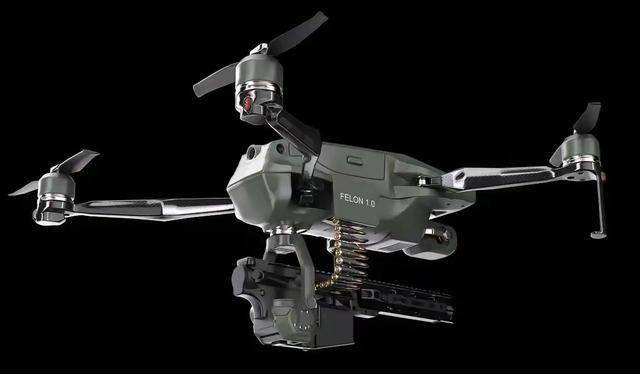Drones, often known as UAVs (Unmanned Aerial Vehicles), have revolutionized numerous industries by offering capabilities not possible with traditional equipment. Makers of drones have pushed the boundaries of technology to enhance surveillance, delivery, and even agricultural processes. With an array of applications emerging, the innovative technologies deployed by leading drone manufacturers deserve thorough discussion.
The Role of Drone Manufacturers in Modern Technology

Drones have become integral in capturing data from perspectives previously inaccessible. Leading makers of drones focus on integrating cutting-edge technology like AI (Artificial Intelligence), GPS systems, and advanced sensors into their devices. By doing so, these manufacturers ensure drones can operate autonomously, navigate complex environments, and provide valuable data insights.
AI and Autonomous Flight
Autonomous flight represents a leap forward facilitated by AI. Drones equipped with advanced AI algorithms can analyze and interpret data in real time. This allows for dynamic decision-making processes, elevating drone operations beyond manual piloting constraints. Whether for surveillance or infrastructure inspection, autonomous drones offer unmatched efficiency.
GPS for Precision Navigation
GPS technology has been a game-changer for drone makers, enhancing navigation precision. Modern drones employ advanced GPS systems to track positional data meticulously. This precise navigation system enables drones to conduct tasks such as surveying and mapping with high accuracy.

Advanced Sensor Integration
Sensors are pivotal in expanding drone application possibilities. Electro-optical sensors, thermal sensors, and LiDAR systems are among those integrated into drones by leading manufacturers. These sensors enable drones to operate in various conditions, detecting variables from heat to distance with considerable precision.
Applications Across Industries
- Surveillance: Government and private sectors use drones for security and monitoring, utilizing enhanced imaging and thermal sensors.
- Delivery: Drone delivery has proven efficient for transporting goods quickly across short distances, especially using GPS and AI for precise navigation.
- Agriculture: Drones assist farmers in crop monitoring and spraying, significantly improving resource management.
- Disaster Management: In times of crisis, drones provide critical real-time data, aiding in effective response strategies.
Innovative Features by Leading Drone Makers
Drone manufacturers continually innovate, incorporating features such as extended battery life, obstacle avoidance technology, and real-time data transmission. These enhancements ensure drones remain functional for extended periods and navigate securely through cluttered environments.
Future Prospects and Challenges
The future of drone technology is promising but comes with challenges, such as regulatory constraints and security concerns. As drone makers work towards more intelligent designs, ensuring cybersecurity and addressing public privacy concerns will be paramount. The industry must also focus on developing sustainable practices, especially regarding battery production and energy consumption.
FAQ Section
How do drones enhance agricultural productivity?
Drone technology allows farmers precise crop monitoring, identifying regions requiring intervention and optimizing resource distribution.
What challenges do drone manufacturers face?
Drones face several challenges, including stringent regulatory environments and technological limitations in battery life and payload capacity.
Can drones be used in high-risk environments?
Yes, drones equipped with advanced sensors and protective designs can operate in hazardous environments, collecting data without putting human lives at risk.